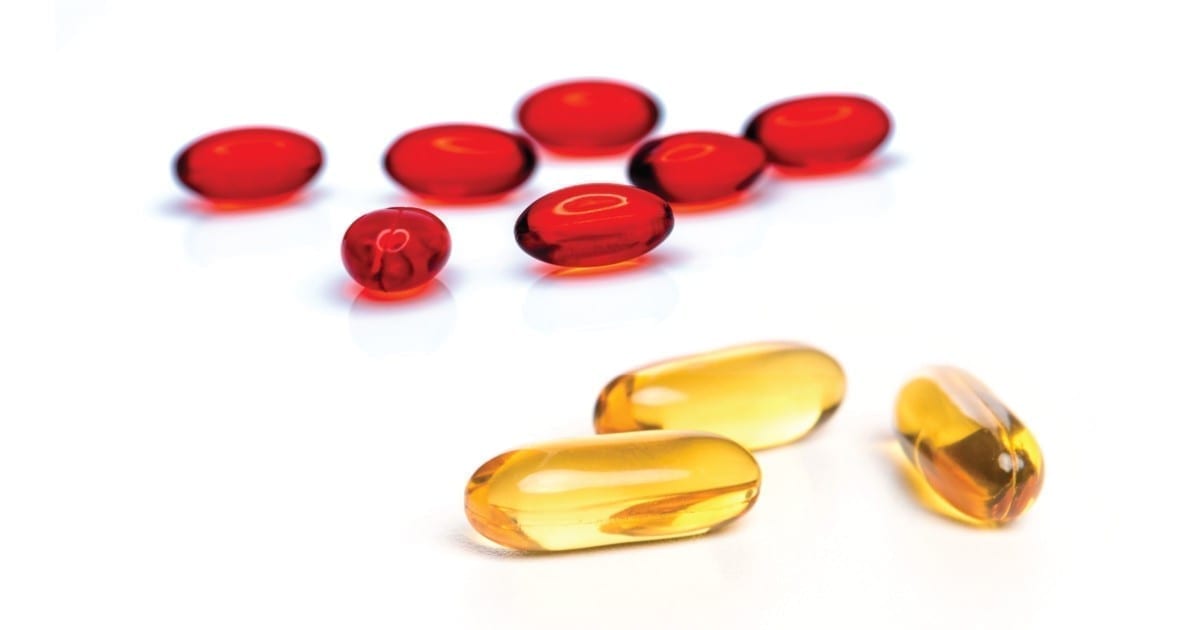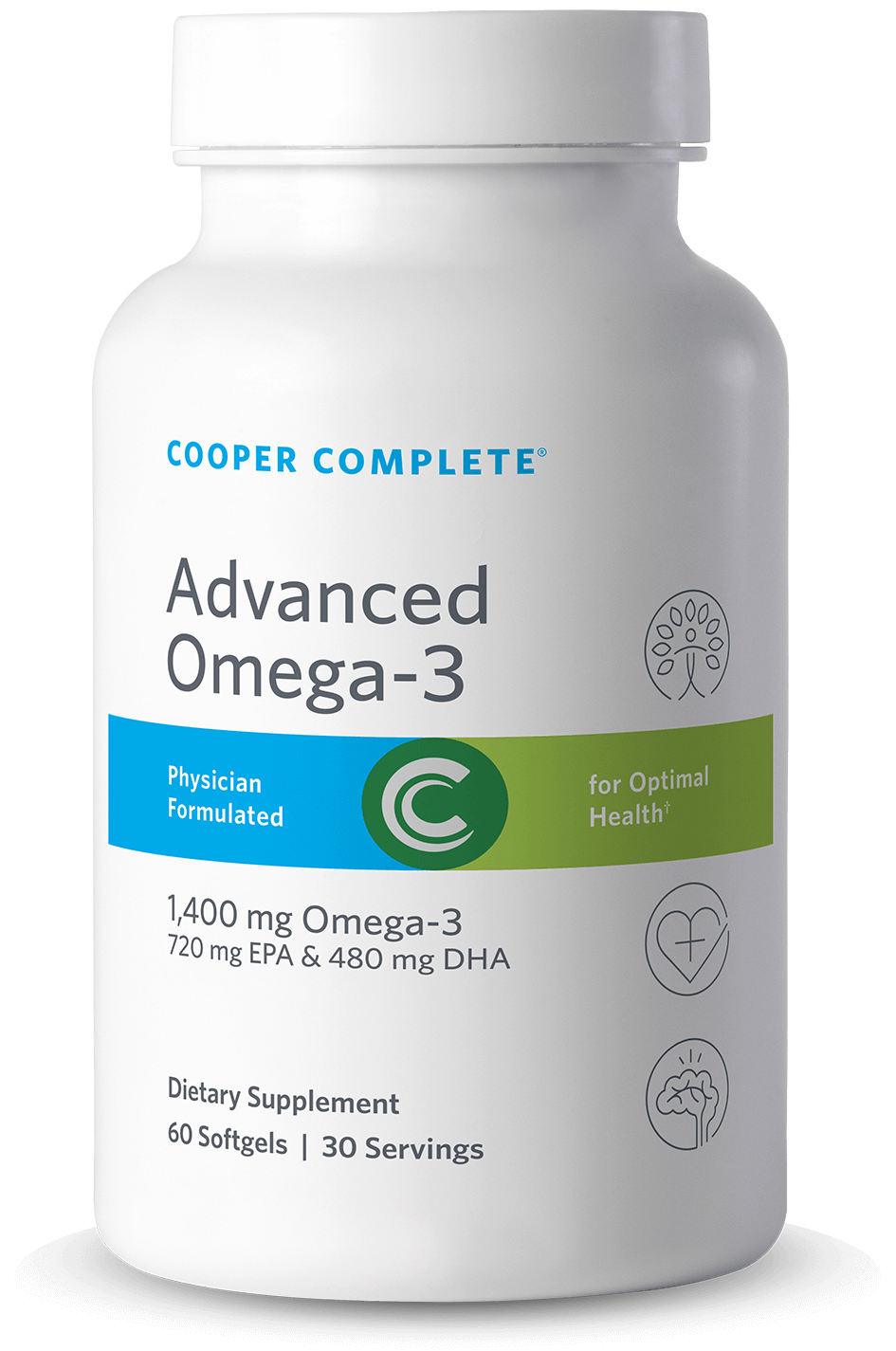Omega-3 Fish Oil and Krill Oil Differences

The health benefits of consuming omega-3 fatty acids in both food and supplement form are well known and well documented. More than 30,000 studies exploring the advantages of omega-3 have proven it aids in inflammation and heart and brain health. American Heart Association recommends eating two to three 3.5 oz. servings of fatty fish at least two times per week. Unfortunately, many people do not consume enough omega-3, commonly found in seafood, to experience these benefits to the fullest.
Omega-3 Benefits for Inflammation and Heart Disease
The National Institutes of Health states the benefits of taking omega-3 supplements include:
- Decreases heart attack and coronary artery disease
- Shows slight improvement in blood pressure
- Supports overall heart health
- Reduces high triglyceride levels, which have been associated with heart disease risk
- It may relieve rheumatoid arthritis and symptoms of dry eyes
Fish Oil v. Krill Oil: Not All Omega-3 Sources are the Same
Not all omega-3 sources are created equal. While both fish and krill oil contains DHA (docosahexaenoic acid) and EPA (eicosapentaenoic acid), the amount of concentrated omega-3 in each varies greatly. For example, one softgel of MegaRed Ultra Strength Omega-3 Krill Oil 1,000 mg contains only 128 mg EPA and 60 mg DHA while a single Cooper Complete Advanced Omega-3 softgels contains 360 mg EPA and 240 DHA.

Advanced Omega-3 Supplement
Advanced Omega 3 Supplement contains 720 mg EPA, 480 mg DHA, and 200 mg other omega-3 fatty acids in each serving of two lemon-flavored softgels. Omega 3 supplementation supports heart health, cognition, immune, and inflammatory health without any fishy aftertaste.†
$22.98 Add to cartFish oil capsules often contain higher levels of DHA and EPA than krill oil supplements. This type of oil is derived from oily fish such as:
- Salmon
- Mackerel
- Trout
- Herring
- Anchovies
- Sardines
Krill—the source of krill oil—are small shrimp-like crustaceans and are reddish in color. Wild salmon actually obtain their reddish-pink color from feeding on shrimp and krill. There have been very few studies conducted on krill oil, limiting science-based information on its benefits.
Proponents of krill oil claim it is better absorbed than traditional fish oil supplements due to the omega-3 form within the phospholipids as opposed to the omega-3 triglyceride form from fish oil. Because of this, it is said to be better absorbed, hence why the blood levels of DHA and EPA are significantly lower in comparison to fish oil. However, a 2011 study comparing the effects of fish and krill oil showed that one group that took 3 grams of krill oil and another taking 1.8 grams of fish oil both resulted in similar blood levels of DHA and EPA.
This suggests that twice as much krill oil consumption is needed in comparison to fish oil to have the same effect and that fish oil contains a higher concentration of omega-3. One wildly popular brand of krill oil contains 140 mg of DHA and EPA per two capsules, whereas Cooper Complete Advanced Omega-3 contains 1,200 mg of DHA and EPA per two softgels.
Takeaway Points About Omega-3 Supplements
Cooper Clinic Registered Dietitian Nutritionists recommend you aim to eat two to five servings of fish per week, including fatty fish such as salmon, mackerel, trout, herring, anchovies and sardines in order to obtain adequate omega-3 amounts nutritionally. When this consumption amount is not possible, they encourage incorporating a fish oil supplement that contains high levels of DHA and EPA.
While krill oil appears to be perfectly safe, the lack of scientific data points to more hype than hard facts surrounding talk of its benefits. With more than 18,000 studies to date on omega-3 concentrations in fish oil, Cooper Complete recommends taking a minimum dosage of 1,000 mg a day of omega-3 to reap its benefits to the fullest extent.
